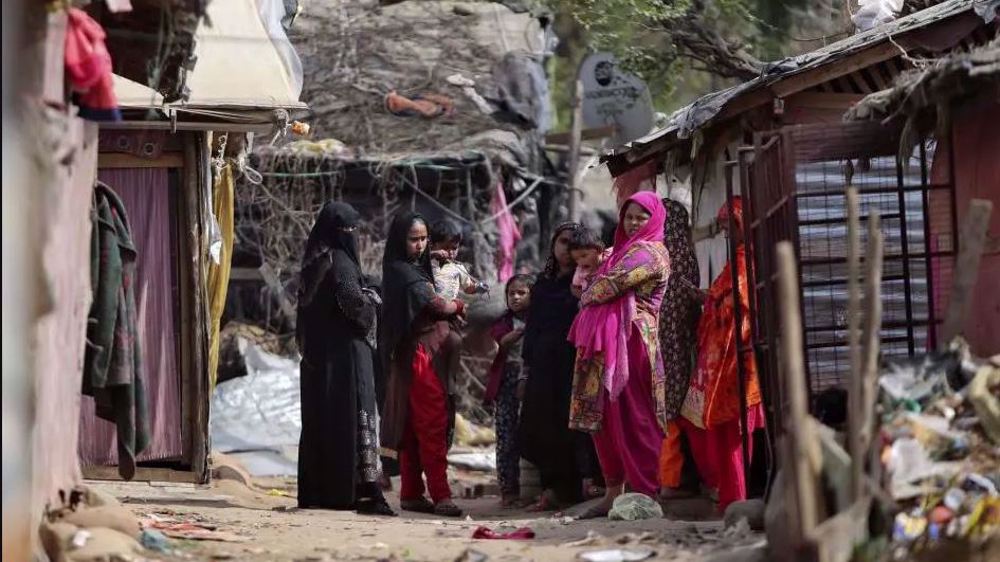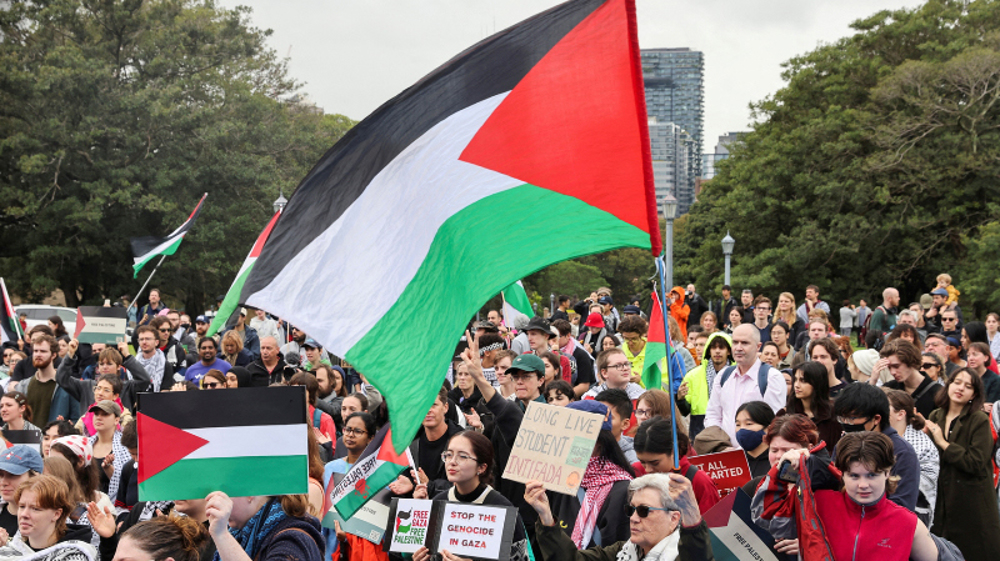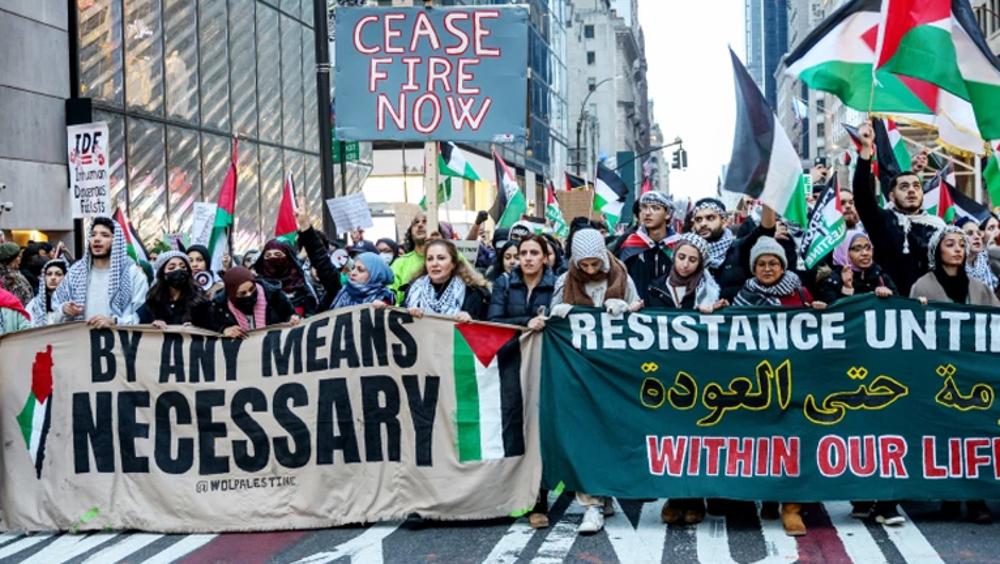80% of pellet victims in Kashmir suffer from partial vision degeneration: Study
Shahana Butt
Press TV, Indian-administered Kashmir
A recent study published in the Indian journal of ophthalmology reveals that a large number of those who sustained eye injuries due to the use of pellet guns in the main city of Srinagar between July and November 2016 have suffered some degree of vision loss.
The survey conducted on 777 eye operations during the period reveals 80 percent of the victims have vision limited to “counting fingers.”
Thirty-five-year-old Arshid Ahmad, a student of arts, was hit by pellets in both eyes in October 2016. Six years on, Arshid says his vision of higher studies diminished just like his eyesight.
Arshid's family was more fearful than hesitant to talk, and convincing Arshid to speak to Press TV about his condition was no less than a herculean task.
Before the abrogation of Kashmir's special status in 2019, New Delhi used shotguns for almost a decade to quell anti-Indian demonstrations in India-administered Kashmir, resulting in thousands of pellet injuries and the epidemic of vision loss in Kashmir.
Following the abrogation of Kashmir's special status in August 2019, people here might be upset about many things changing in the region. However, a remarkable achievement for government forces is that 'not even a single pellet gun has been used in the region following a tough crackdown on protesters.
Kashmir has been a bone of contention between India and Pakistan for decades. Both lay claim to the region, but rule it in part.
India regards Kashmir as an integral part of its territory. Meanwhile, analysts say after the abrogation of Kashmir's special status, New Delhi seems to own everything in Kashmir except the problems of its people.
VIDEO | Report flags India’s violation of rights of Rohingya detainees
Turkey's foreign minister meets Syria's de facto leader in Damascus
'Next to impossible' to rescue patients from Gaza's Kamal Adwan Hospital: Director
VIDEO | Vietnam current prosperity
Report blames gasoil exports for shortage at Iranian power plants
VIDEO | Hind Rajab Foundation names Israeli war criminals vacationing after Gaza genocide
VIDEO | Australians rally for Gaza ahead of Christmas festivities
VIDEO | Attacks on Sana'a









 This makes it easy to access the Press TV website
This makes it easy to access the Press TV website